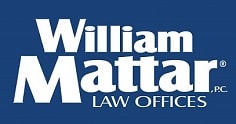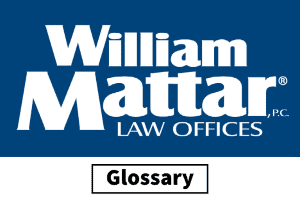

(844) - 444-4444

The New York Vehicle and Traffic Law defines a “hazard vehicle” to include:
Every vehicle owned and operated or leased by a utility, whether public or private, used in the construction, maintenance and repair of its facilities, every vehicle specially equipped or designed for the towing or pushing of disabled vehicles, every vehicle engaged in highway maintenance, or in ice and snow removal where such operation involves the use of a public highway, vehicles driven by rural letter carriers while in the performance of their official duties, and every sani-van and waste collection vehicle while engaged in the collection of refuse and/or recyclable materials on a public highway.
Relatedly, the New York Vehicle and Traffic Law defines a “hazardous operation” to include: “The operation, or parking, of a vehicle on or immediately adjacent to a public highway while such vehicle is actually engaged in an operation which would restrict, impede or interfere with the normal flow of traffic.”
Those who operate vehicles which qualify as a “hazard vehicle” sometimes seek protection under Vehicle and Traffic Law section 1103(b), which can provide for a “reckless disregard” standard of care in certain, limited situations.
The question of whether the operator of a “hazard vehicle” will be entitled to a “reckless disregard” standard of care, or the usual negligence standard, can be a very important and consequential one because the “reckless disregard” standard of care requires much more than momentary lapse in judgment, which will ordinarily suffice to establish liability under the ordinary negligence standard. This is a factually sensitive matter that can depend on a number of factors, and the unique circumstances of any case.





